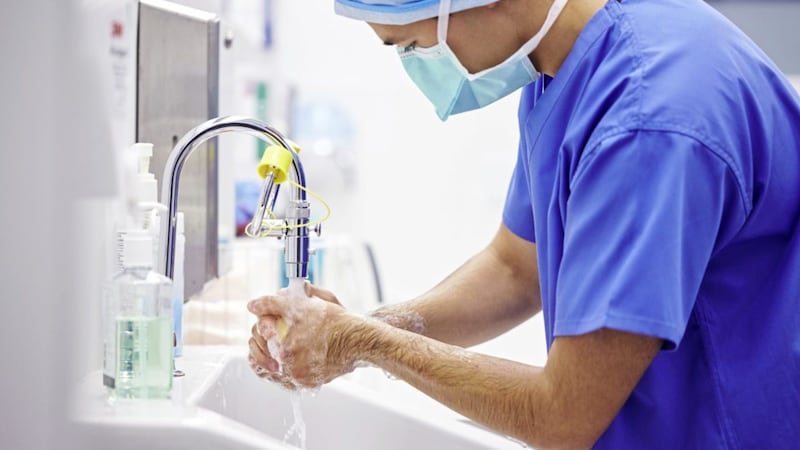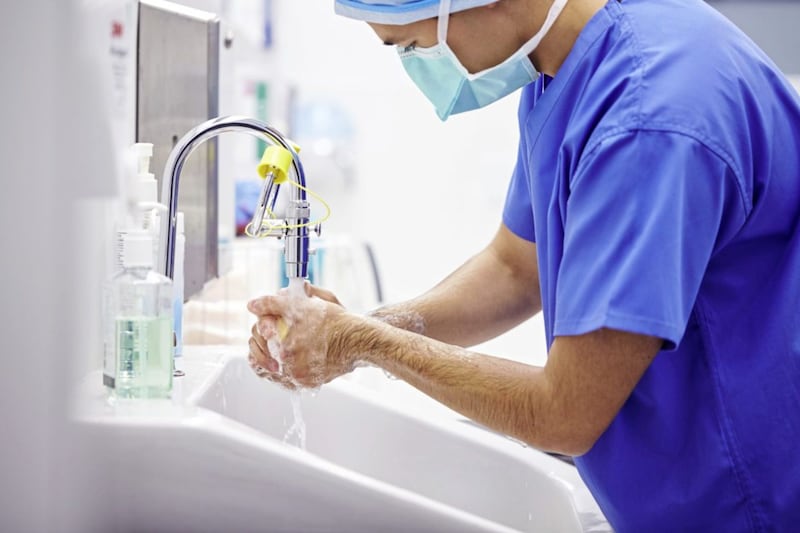SURGEONS in Northern Ireland are seeing more advanced cancers than they have ever done at any point in their careers, a leading medic has revealed.
Patients coming into hospitals with "blindness and deafness" as they could not get treatment during the first wave - when the vast majority of non-Covid surgeries were cancelled - is another emerging development.
Mr Mark Taylor, a surgeon specialising in pancreatic and liver cancer in the Belfast trust, said that while that surgery wasn't "switched off" in subsequent waves, the fallout from downturning procedures last year was devastating.
The medic also spoke of the "moral distress" he and his colleagues are experiencing when they have to drop the "bombshell" that an operation has been postponed - when they know they have the skills to save that patient's life.
"What we have seen in the two recovery phases of this pandemic is advanced disease that many of us have never seen in our careers," Mr Taylor, who is NI director of Royal College of Surgeons (RCS) told The Irish News.
"Severe bowel obstructions, cancers at an advanced stage, awful gallbladder perforations, neurological problems and people coming with blindness and deafness due to not being able to get onto normal operative lists - this is what we are seeing.
"So now it’s about trying to protect time critical surgery as best as possible...even though staff burnout is at levels never seen before. The more Covid leaves us and the less people are coming into hospitals and ICU with Covid the more we can recover surgery - it’s as simple as that."
The RCS director said the only "saving grace" was that they expected the current spike to be a short one based on the experience of his English colleagues - and the fact that younger cases are not being hospitalised for lengthy periods.
"We’re looking to London where some of the younger patients, by default of their age, are not spending as long in critical care units. Turnaround in intensive care is much quicker, partly because of the vaccine also."
But he warned there was "no wriggle room" for time sensitive surgeries, including pancreatic cancer operations, if they want to ensure survival.
"The one thing for surgeons that hasn’t been looked at in a lot of detail is the moral distress on knowing you have a patient that has a cancer that you know you can operate on and make them better – and that you can’t do that," Mr Taylor added.
"In my surgical world of pancreas and livers, the difficulty for us is that we deal with conditions that present at a late stage anyway and there’s a very small window of opportunity to try and do something that will result in survival.
"Unfortunately we don’t have wriggle room to allow for a downturn in activity to bring a good outcome.
"The moral distress is that when you work someone up for surgery, that they have psyched themselves up and their families have psyched themselves up – they come in and we have to hit them with that bombshell. That worry has been futile and then they have to pick themselves up, get into their car, go home and not know when it’s going to happen."



